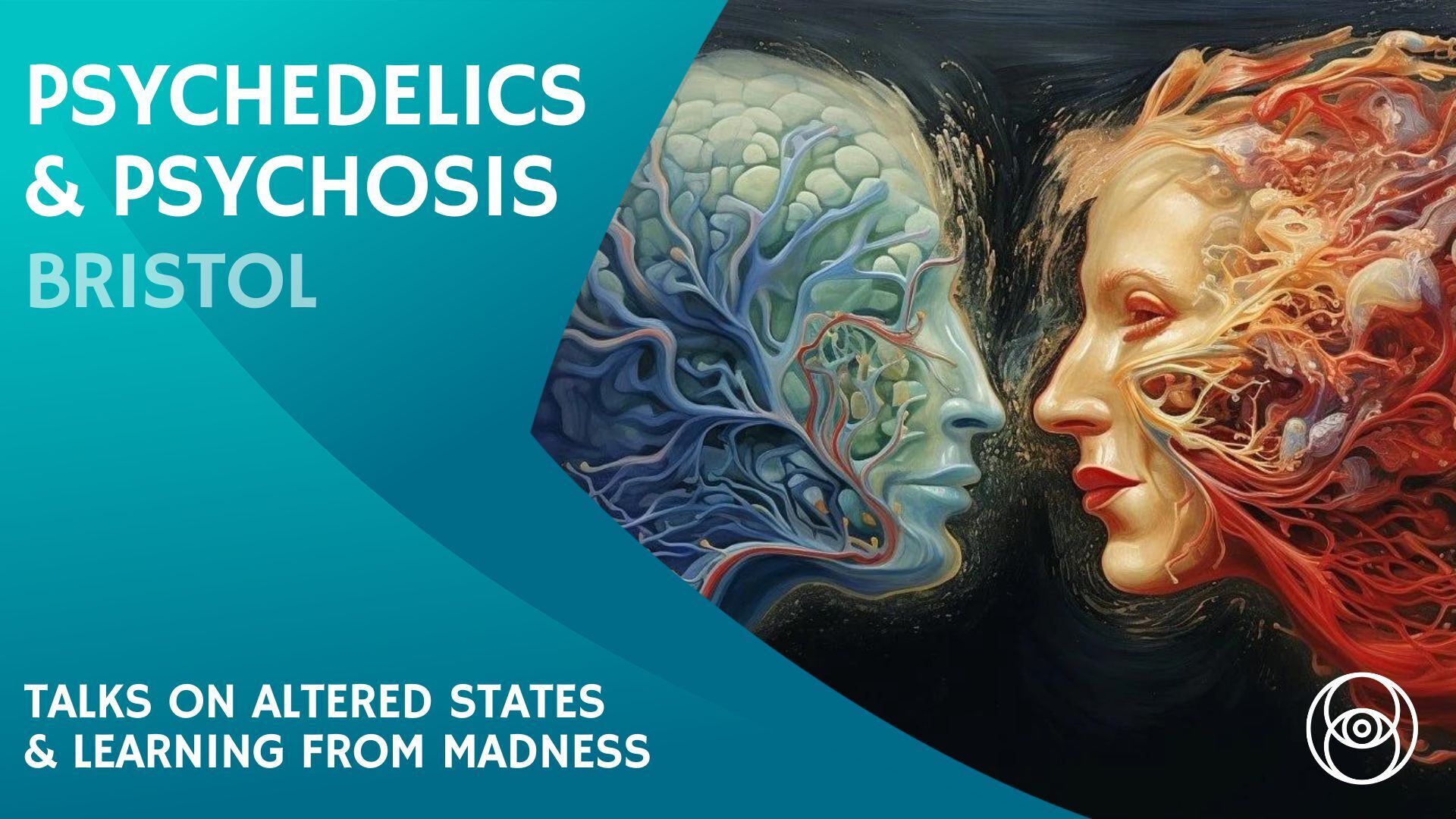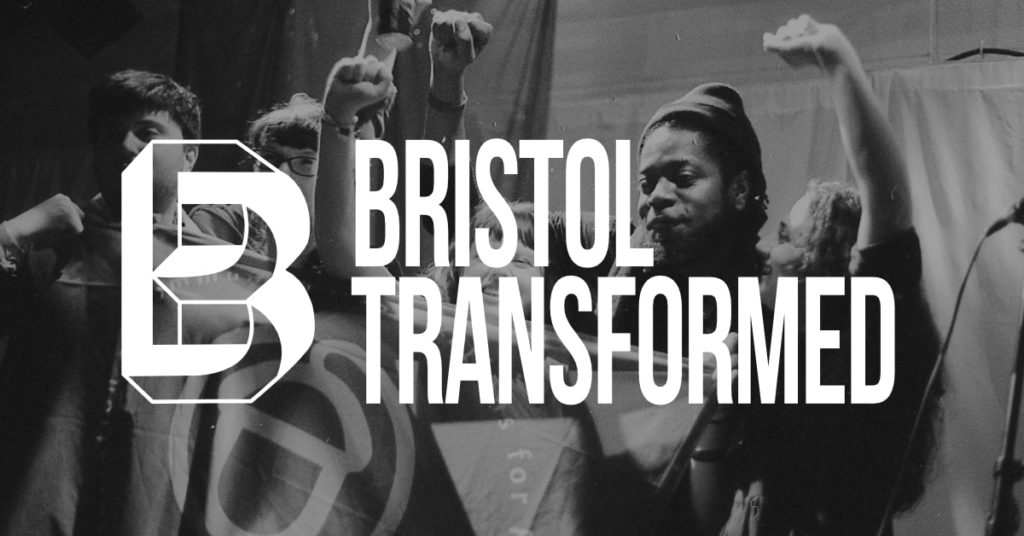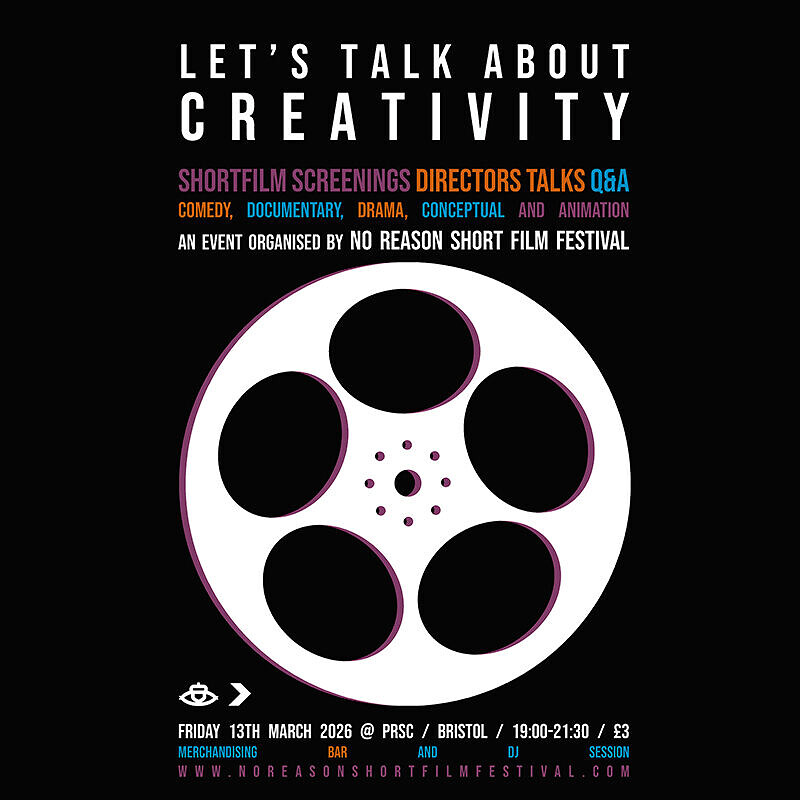
- This event has passed.
Psychedelics & Psychosis: Talks on Altered States & Learning From Madness

Psychedelics and Psychosis: Talks on Altered States and Learning From Madness
Both psychedelic and psychotic states are, in mainstream Anglo-Western culture, framed and controlled by the institution of Psychiatry. Yet, whereas psychedelics are becoming posited as healing medicines, madness remains arguably, the most total form of pathology.
These two enlightening talks, with a Q&A, will delve into the curious and fascinating interplay between psychedelics and psychosis. Researcher Dr Sabina Wantoch will first discuss how the social environment shapes our understanding and experience of these states, shedding light on the cultural and psychiatric perspectives that frame these experiences. Therapist and psychiatrist Charlotte Bamber will then discuss the fine line between transformation and crisis, exploring the concept of spiritual emergency induced by psychedelics, in light of her own recovery journey.
First talk- Psychosis vs Psychedelics: A Question of Social Context
What relationship is there between the social world contexts we have for divergent states, and the first-person experience of those states?
Based on Dr Wantoch’s PhD research, this presentation compares the consensus ‘worlds’ of psychotic and psychedelic states. They consider the role that social contextualisation of divergent states plays in affirming a shared sense of reality; through contextualising states as ‘psychedelic’, ‘mystical’, ‘spiritual emergencies,’ or ‘mad’, we relate to those states with certain assumptions. Sabina will examine these assumptions, question their boundaries, and consider their roles in the experiences they seek to respond to. The psychiatric context for mad states categorises them as symptoms of a mind unable to be understood or integrated, arguably pushing a person’s sense of reality further away from a shared field. In light of these contrasts, Sabina will discuss the question, is the ‘tipping point’ of madness thus the absence of adequate social context?
Speaker – Dr Sabina Wantoch
Dr Sabina Wantoch is currently lecturing at UCL on the Health Humanities MA. They recently completed their PhD at Uni of Sheffield on the phenomenology of madness, and how the way that society frames madness affects the structure of the mad experience. They research how non-ordinary experience is conceptualised and navigated in the world, how it feels, and how these interrelate. They are also a long-term volunteer for PsyCare UK, supporting people undergoing a psychedelic crisis. Their relationship with anomalous experience, spirituality, and their own neurodivergence and work with neurodivergent people, informs their academic work, and vice versa. They are an advocate of more understanding, intersection, and allyship between the areas of madness and psychedelics.
Second talk – Navigating psychedelics and spiritual emergency: personal insights
Psychedelics can be extremely valuable in uncovering long-standing trauma but this can be quite damaging if there is not adequate support afterwards to process and integrate the uncovered material. This is where someone can easily tip into psychosis and spiritual emergency. In this talk, Charlotte will share insights she has gained from her own personal journey of using psychedelics and spiritual emergencies. She will discuss how to navigate through these experiences with mixed modalities, including a strong grounding in nature and spiritual practices.
Speaker – Charlotte Bamber
Charlotte is a western trained medical doctor and worked in the NHS as a psychiatrist. She has also trained as a psychotherapist and in Yin and Hatha yoga. She has a strong vocational calling in healing and integration particularly from challenging life experiences and mental and physical health problems. Within her personal journey of healing and recovery from mental health problems, she found the use of psychedelics like LSD, psilocybin, and Ayahuasca both helpful but also tools to be used with great care, respect and appropriateness. She uses both her professional and personal experience to tailor her care towards someone’s direct personal experience and draw upon their own innate wisdom.


